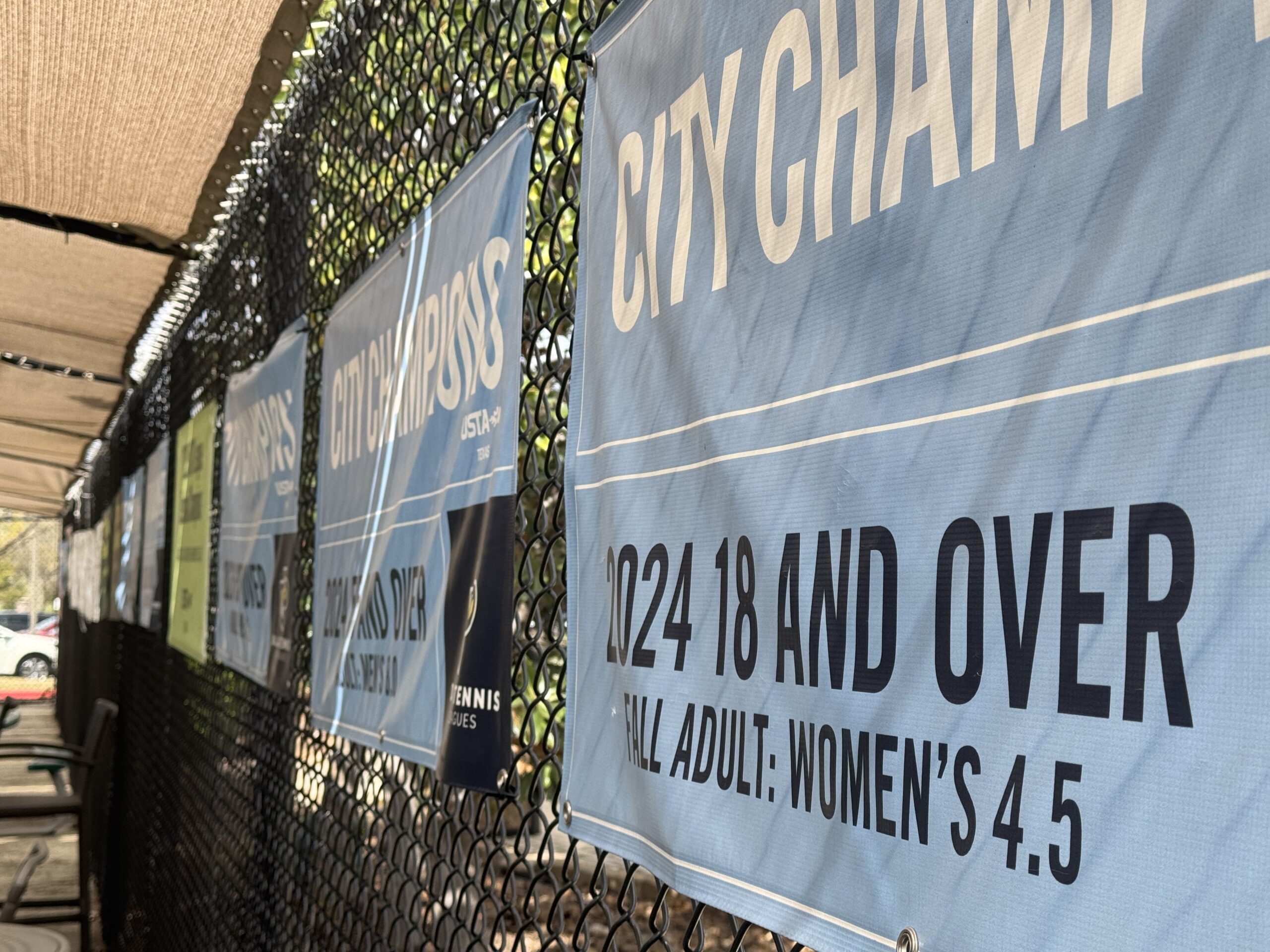Plot twist! Today, we are taking a look at something I am pretty sure did not happen at the Tom Fey Tri-Level National Invitational Championships this year. At least not in conjunction with the controversy that sparked this ongoing series of posts examining the relevant rules. As I am starting my deep dive into the USTA League grievance process, I have come to the belief that a captain-initiated grievance was not what sparked the controversy. However, depending on the circumstances, there might be a case that this episode should have only happened if that occurred.
Once again, I was not at the Tom Fey Tri-Level National Invitational Championships this year, so my understanding of what transpired relies on other people’s accounts. One of the things that has struck me as I have canvassed those sources is that no one, including the captain and the players who were assessed suspension points, is clear on exactly what the infraction was. While we know that retiring from a match was the precipitating event. That isn’t explicitly listed in the USTA League Suspension point table.
The USTA League Regulations have a process for grievances filed at Championship events. The grievance must be made in writing and within 30 minutes of the conclusion of the involved team’s match.
3.03C(1) Any grievance alleging a violation during championship competition shall be in writing and delivered to the duly appointed site director or designee prior to whichever occurs first: (a) within 30 minutes of the completion of the involved team’s match or (b) the commencement of the involved team’s next match, whether or not the involved player participates, except for Administrative Grievances (See Reg. 3.03A(2)), Eligibility Grievances (See Reg. 3.03B(3)) and NTRP Grievances (See Reg. 3.03E(3)).
3.03C(2) At the time a grievance is filed, a copy of the grievance shall be sent by the Championship Committee to the party(ies) against whom the grievance has been made.
2024 USTA League Regulations, 3.03C(1) and 3.03C(2)
To embark on a short tangent (as is my custom), the requirement that the grievance be submitted in writing along with the tight timeline is a stroke of regulatory brilliance. I am sure that significantly cuts down on the number of grievances filed at every event. Not that I would ever encourage anyone to file one, but captains at Championship events should carry paper and a pen on them at all times in the unlikely event that step becomes necessary.
One of the most plausible paths that kicked off the idea that punitive measures needed to be taken against the players who retired from the match is the losing captain complaining to the Referee. Since that captain was involved and vocal as the subsequent events transpired, it is not unreasonable to think he may possibly have been the source.
If the episode was sparked by a complaint from the losing team’s captain, the Referee should have insisted the grievance be made in writing because the USTA League Regulations require it. Additionally, when the penalized team was approached about the “serious” infraction, the regulations require delivery of a copy of the written grievance at that time.
Since neither the players nor the captain received anything in writing, I am convinced that nothing was filed. It is highly unlikely that the requirement for a complaining captain to make a grievance in writing was enforced only to ignore the subsequent regulation to provide the captain of the accused team with a copy.
Tomorrow, we will explore an alternate way that the sequence of events following the match retirement might have been precipitated. For today, I want to highlight that player notification and communication will be a recurring theme throughout this part of our rules examination. That issue transcends this one episode, as there appear to be quite a few administrative regulations in the grievance and suspension point systems that are routinely not followed. That should arguably change.
- USTA Tri-Level National Invitational Welcome Page, USTA SoCal Hosted Informational Page, last viewed April 6, 2024.
- 2024 USTA League National Regulations, USTA Resource Document, March 14, 2024.
- Friend at Court: The Handbook of Tennis Rules and Regulations, USTA, 2024
- USTA Adult and Family Tournament, Ranking, & Sanctioning Regulations, USTA Regulation, as amended December 14, 2023.
- USTA League Suspension Point System Calculation Tables, USTA Resource Document, February 6, 2024.
- USTA League Suspension Point System 2024, USTA Resource Document, February 6, 2024.
- USTA League Suspension Point System Frequently Asked Questions, USTA Resource Document, March 23, 2023.



